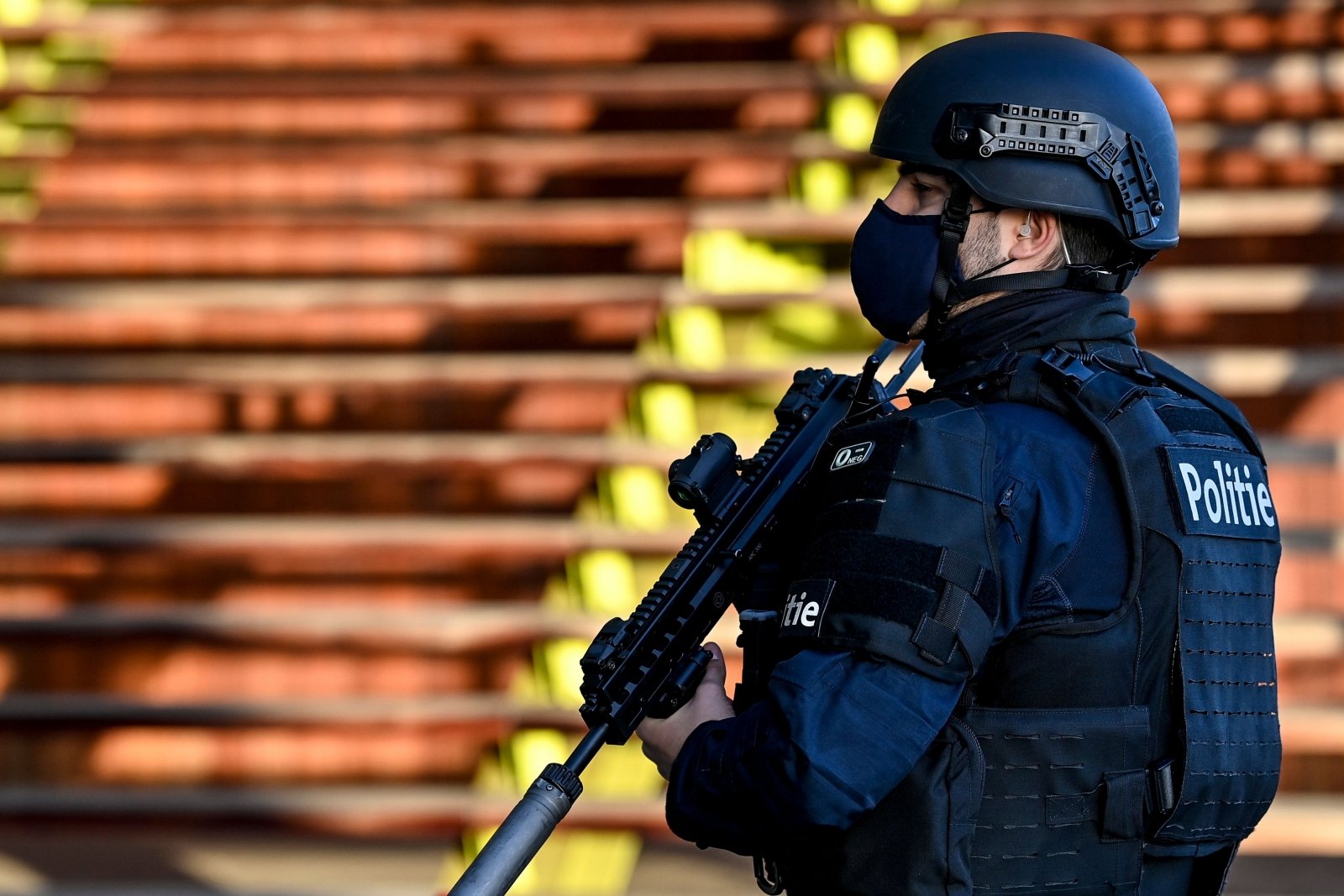ISIS influence waning as group searches for new leader, say experts
Thenationalnews – On February 3, a US raid on a small home in Syria’s border with Turkey deprived ISIS of its little-known leader.Muhammad Al Mawla, nom de guerre Abu Ibrahim Al Hashimi Al Qurayshi, maintained a far lower profile than his predecessor, known as Abu Bakr Al Baghdadi.Who his successor will be is anyone’s guess. Analysts have made various predictions including ISIS spokesman Abu Hamza Al Qurayshi Al Baghdadi, who announced Al Baghdadi’s replacement in 2019 after he was killed in another US raid.
By what criteria will ISIS select a new leader?
ISIS requires a credible leader, or ‘Caliph’, to have good health, substantial religious scholarship and, most importantly, lineage to Quraysh, the tribe of the Prophet Mohammed.Abu Ibrahim arguably met only one such criterion. “He was missing a limb – a leg, which was amputated. So, technically speaking, he did not have the physical fitness to be a Caliph,” Aymenn Al Tamimi, research fellow at George Washington University’s Programme on Extremism, told The National. Al Mawla’s lineage to Quraysh was also questionable. As indicated by his last name, he was a member of Al Mawla, a Turkmen-speaking tribe in Iraq.“The Al Mawla tribe is of Arab origin, although many of them espouse a Turkmen identity … [Abu Ibrahim] also went by a Turkmen identity because one of his names was Qardash, which means brother in Turkish. So he was a Turkmen and Arab at the same time,” Mr Al Tamimi said.
Typically, a group called Ahl Al Hall Wal-Aqd (The People of Solving Problems and Making Contracts) chooses a leader and pledges allegiance to him before, in this case, ISIS followers do the same in mosques.But Abu Ibrahim’s low profile made his nomination by Ahl Al Hall Wal-Aqd somewhat contentious.Aron Lund is a a Middle East analyst at the Swedish Defence Research Agency and a fellow of Century International, part of think tank The Century Foundation.He believes ISIS tried to conceal Abu Ibrahim’s identity, frustrating even some fellow extremists “who opposed the idea of pledging allegiance to a faceless, nameless caliph”.“As with the ethnicity issue, most ISIS subgroups and members seem to have shrugged off the controversy, trusting their leadership and ignoring the protestations of outsiders,” Mr Lund said.
Shrinking authority
Whoever ISIS decides to appoint as its third leader, experts say he will reign over a weakened organisation. In its heyday, in 2015, ISIS controlled large parts of Syria and Iraq, with affiliates in at least eight countries.Even the US-led coalition to defeat ISIS said Abu Ibrahim had “little impact” as leader.ISIS lost its final stronghold in a battle in Baghouz, Syria, in 2019, the end of its territorial rule.“The killing of [Abu Ibrahim] is significant, no doubt, although, in the bigger picture, I don’t think it leads to a real change in how ISIS has been operating, which is low-level sustained insurgency both in Iraq and Syria, and also around the world,” Mr Tamimi said.
Caliphate beyond reach
Similarly, Orwa Ajjoub, a senior analyst at the Centre for Operational Analysis and Research, said a so-called Caliphate 2.0 may not be on the horizon for the fallen group.“For a long period of his time as leader, [Abu Bakr] Al Baghdadi was able to meet with his seniors and Al Wulat [authority holders] and run the organisation as a whole, whereas Abu Ibrahim was not as connected to his group due to the different reality on the ground, ISIS’s relative weakness and because the international community took over the land that the group once controlled.”Now, Mr Ajjoub says, ISIS is primarily composed of sleeper cells and lone wolves, although this does not mean they do not pose a threat.
“ISIS does not have the manpower or the resources to create another state right now. The operation and scale of ISIS fighters does not indicate that they are seeking to impose control over territory but only to disrupt stability and create chaos for their so-called enemies.”Until a new leader is announced, the consensus among Syria watchers, analysts and even counter-terrorism forces is that an attack similar to the raid of Hassakeh should not be disregarded.




